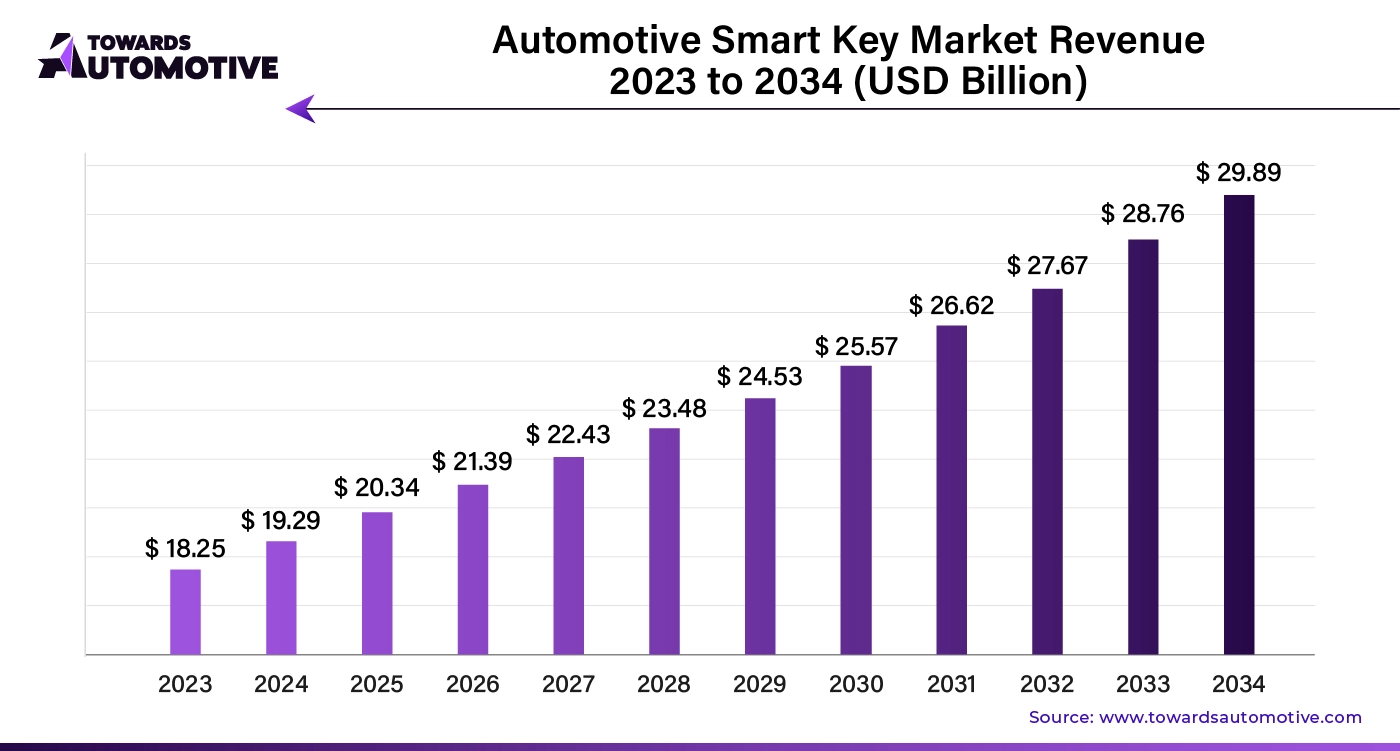The electric vehicle (EV) battery market has witnessed remarkable growth, with the lithium-ion (Li-ion) segment leading the charge. This technology has emerged as a cornerstone of the EV industry, largely due to its superior energy density, efficiency, and the ongoing reduction in costs. Lithium-ion batteries are not just fueling the growth of electric vehicles but are transforming the entire landscape of transportation toward a more sustainable future.
Superior Energy Density and Efficiency
Lithium-ion batteries offer several advantages over alternative battery technologies, making them the preferred choice for electric vehicles. The most significant of these is their high energy density, which enables EVs to travel longer distances on a single charge. This feature is critical for consumers, as the driving range of electric vehicles is a major concern for many prospective buyers. The ability to charge quickly and travel longer distances is contributing to the accelerated adoption of electric vehicles worldwide.
The efficiency of lithium-ion batteries further enhances their appeal. As EV manufacturers seek to maximize the driving range and minimize charging times, lithium-ion technology continues to improve, making EVs more practical and attractive for everyday use.
Technological Advancements Driving Innovation
One of the most important factors contributing to the success of lithium-ion batteries in electric vehicles is ongoing innovation in battery technology. Improvements in anode and cathode materials have resulted in better overall battery performance, including faster charging times, increased lifespan, and enhanced safety features. These advancements are a key factor in making electric vehicles more competitive with traditional combustion engine vehicles.
In addition to performance improvements, breakthroughs in battery chemistry have led to new types of lithium-ion batteries, such as lithium iron phosphate (LFP) batteries. LFP batteries are gaining attention due to their enhanced thermal stability, longer life cycles, and reduced costs, positioning them as a promising alternative to traditional lithium-ion batteries in some EV models.
Cost Reduction Through Economies of Scale
As the demand for electric vehicles rises, the scaling up of lithium-ion battery production has played a significant role in reducing costs. Economies of scale are a driving factor behind this cost reduction, as the more lithium-ion batteries are produced, the lower the cost per unit becomes. This reduction in production costs makes electric vehicles more affordable for consumers, contributing to a broader market adoption.
Governments and manufacturers are aware of the need to meet the growing demand for EV batteries, leading to substantial investments in battery production facilities. These investments not only support the growth of the lithium-ion battery market but also help establish a more robust supply chain for raw materials, ensuring a steady flow of components necessary for battery production.
The Role of Automakers and Manufacturers
The shift toward electric vehicles is not just driven by consumer demand but also by automakers’ commitment to sustainability. As more automakers transition their fleets to electric vehicles, the demand for lithium-ion batteries is expected to grow exponentially. In response, manufacturers are ramping up production and innovation in lithium-ion battery technology to meet this demand.
A prime example of this is CATL’s recent launch of a new lithium iron phosphate (LFP) battery in April 2024. Designed for use in electric vehicles, this battery is set to provide a driving range of approximately 1,000 kilometers on a single charge. Such advancements in battery technology will likely lead to longer-range electric vehicles, further encouraging their adoption across global markets.
Automotive Smart Key Market: A Growing Sector in the EV Ecosystem
Parallel to the growth of the electric vehicle market, another technology segment that is making waves is the automotive smart key market. This market is poised for significant expansion, with the global market size expected to reach USD 19.29 billion by 2024 and forecasted to grow to USD 29.89 billion by 2034, expanding at a compound annual growth rate (CAGR) of 5.42% from 2024 to 2034.

Get All the Details in Our Solution – Download Brochure @ https://www.towardsautomotive.com/download-brochure/1009
Asia Pacific currently leads the automotive smart key market, driven by strong consumer demand and technological advancements in the region. Europe is also set to experience robust growth during the forecast period, with increasing adoption of smart key technologies in electric vehicles.
By technology, the “others” segment holds the largest share of the automotive smart key market, reflecting the diverse applications and innovations within this field. Additionally, the OEM (Original Equipment Manufacturer) segment dominates the distribution channels, highlighting the importance of direct supply chains between manufacturers and consumers in driving market growth.
A Bright Future for Lithium-Ion Batteries and Electric Vehicles
The lithium-ion segment’s dominance in the electric vehicle battery market is expected to continue, driving the growth of electric vehicles and the overall transition toward sustainable transportation. With the ongoing improvements in battery efficiency, the reduction in costs, and the scaling up of production, lithium-ion batteries are playing a pivotal role in shaping the future of the automotive industry.
As automakers and governments increasingly focus on reducing carbon emissions and promoting green technologies, the demand for lithium-ion batteries will continue to rise. This shift not only supports the growth of the electric vehicle market but also accelerates the global push toward a more sustainable and eco-friendly transportation future.
Invest in Our Premium Strategic Solution @ https://www.towardsautomotive.com/price/1009
You can place an order or ask any questions, please feel free to contact us at sales@towardsautomotive.com
Explore the comprehensive statistics and insights on automotive industry data and its associated segmentation: Get a Subscription
For Latest Update Follow Us: https://www.linkedin.com/company/towards-automotive
